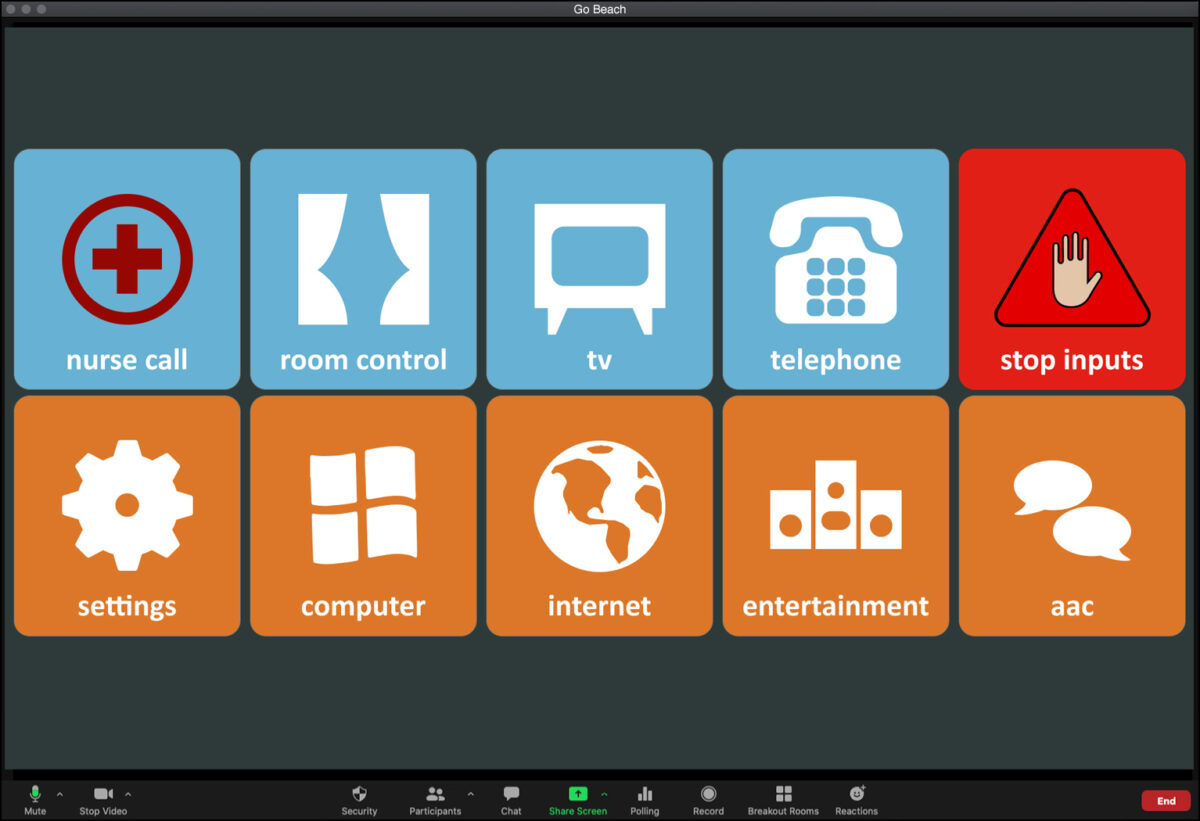Sam Anvari
Assistant Professor
California State University Long Beach
This presentation proposal covers the practical approach and various pedagogical measures taken to form a team of fourteen students and two faculty from Graphic Design and Psychology to improve VA technology for veterans with spinal cord injuries. This multidisciplinary project is ongoing research between California State University Long Beach, the Spinal Cord Injuries and Disorders (SCI/D) Center at the Long Beach VA Hospital, and the device manufacturer, Accessibility Services, Inc. in Florida. The project’s goal is to improve the design usability of the Environmental Control Unit (ECU), which patients with SCI/D use to complete everyday tasks such as making a phone call, calling the nurse, controlling the TV, adjusting the bed, etc. The project started in 2019 by performing heuristic evaluations on the ECU device with a team of seven students and faculty from psychology, health science, and graphic design. Findings from this work identified system elements needing improvement for better user experience and visual interfaces design.
Despite the pandemic and its associated lockdown conditions, the research team successfully transitioned to the project’s next phase, design A/B testing, online. The faculty leaders scheduled virtual weekly meetings with the team and developed an alternative plan to continue the project. In 2020, students worked tirelessly to a digital prototype of the device that is accessible remotely online within the safe space of the home. The ECU device’s online prototype made it possible for the research team to apply design changes and prepare for remote user testing. In the meantime, the research team grew more extensive, with five students from the graphic design program, eight students from the Psychology Human Factors program, and another two students from the university’s undergraduate research opportunity program (UROP). This presentation will discuss various tools and methods for human-centered applied design and networking with the industry.
This research was presented at the Design Incubation Colloquium 8.2: Annual CAA Conference on Thursday, March 3, 2022.
